
Health & Welfare
Gene editing eyed as a potential sea lice solution
A Nofima-led study is exploring the possibilities of using gene editing to make salmon more resistant to sea lice.
Innovation & Investment
Danish startup Sincere Aquaculture has raised €1 million to develop an artificial intelligence-powered solution for shrimp biomass estimation.

Health & Welfare
A Nofima-led study is exploring the possibilities of using gene editing to make salmon more resistant to sea lice.
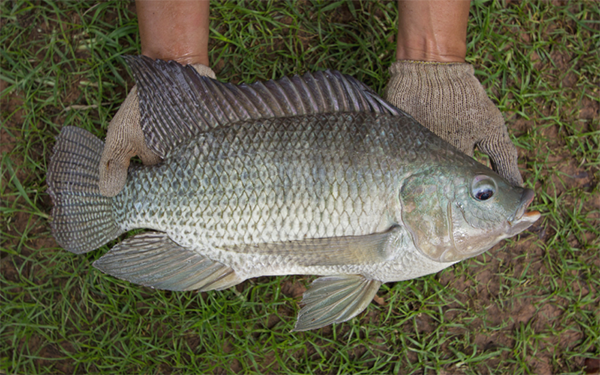
Innovation & Investment
Expanding tilapia production in India could spur investment, provide new business opportunities and earn foreign currency through exports.
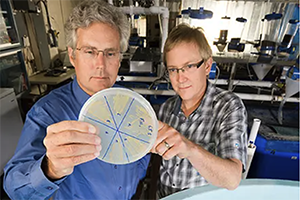
Intelligence
Using genomics, USDA-ARS researchers have developed a new rainbow trout that is resistant to bacterial cold-water disease.
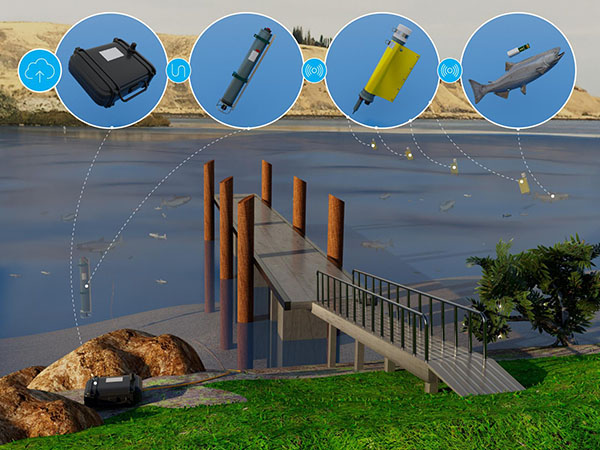
Fisheries
PNNL researchers have developed a new acoustic receiver that sends near-real-time fish tracking data to the digital cloud.
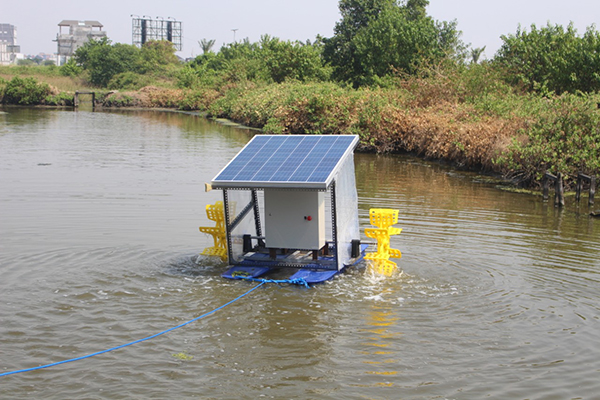
Innovation & Investment
Researchers at Institut Teknologi Sepuluh Nopember have developed an automatic, solar-powered aerator for shrimp ponds in remote areas of Indonesia.
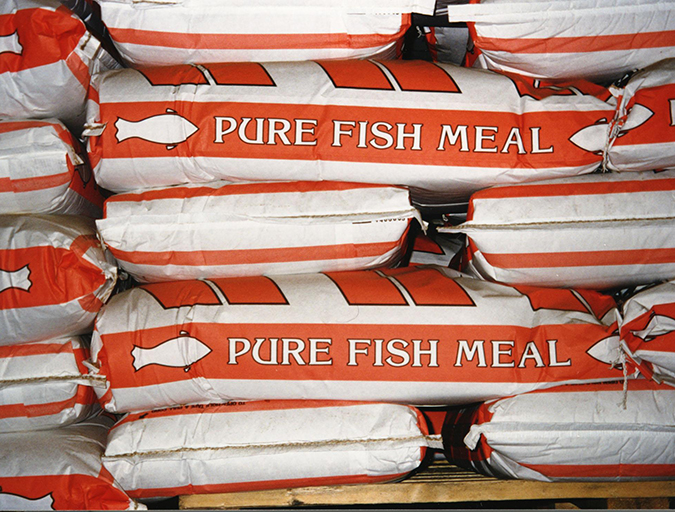
Aquafeeds
Deakin University study finds that just 3% of fishmeal and fish oil in farmed salmon diets could allow the industry to grow for the rest of this century.
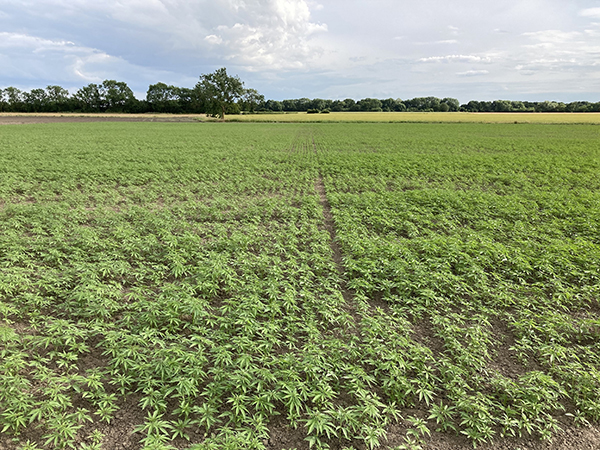
Aquafeeds
Rare Earth Global is exploring how hemp seeds could be integrated into the diets of farmed salmon in Scotland.
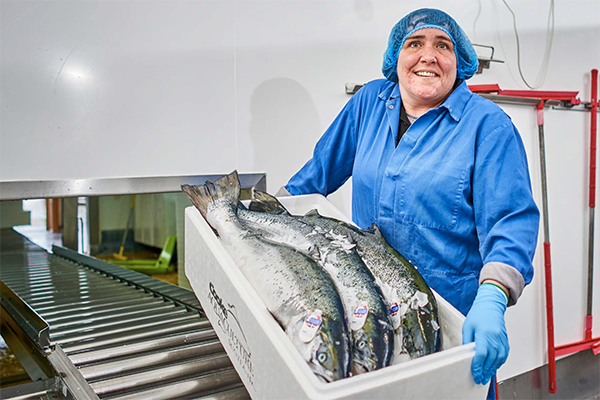
Intelligence
Cooke Aquaculture Scotland touts its operations' economic and social impacts and discusses plans to expand in the remote island region.
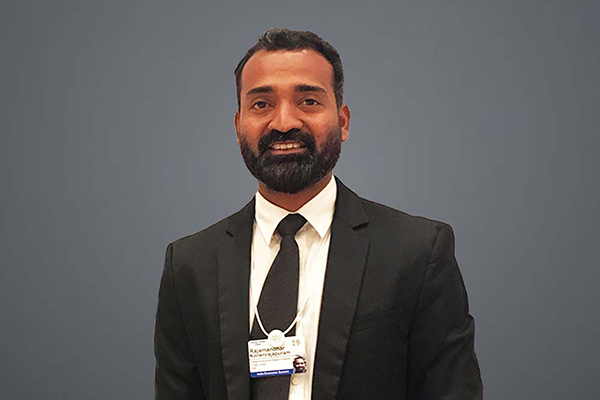
Intelligence
Aquaconnect, a technology-driven platform focused on servicing the Indian shrimp industry, will showcase at the Paris Peace Forum 2022.
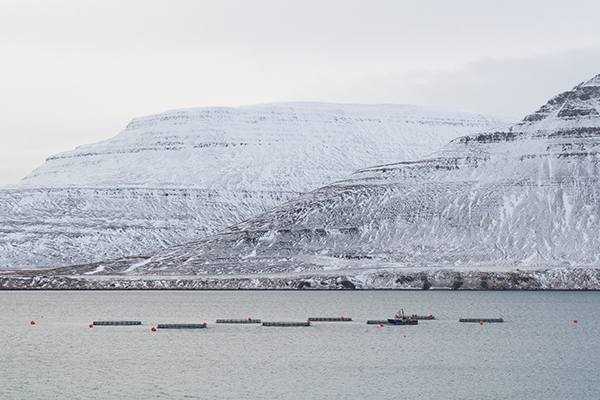
Aquafeeds
BioMar Group and Síldarvinnslan will build a modern, net-zero aquafeed production facility in Iceland, an emerging aquaculture producer.
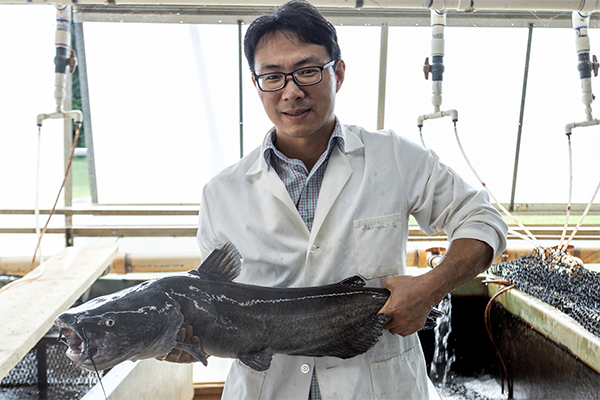
Health & Welfare
The work will aid genetic improvement using gene-editing or genome-assisted selection and result in better breeds for the U.S. catfish industry.
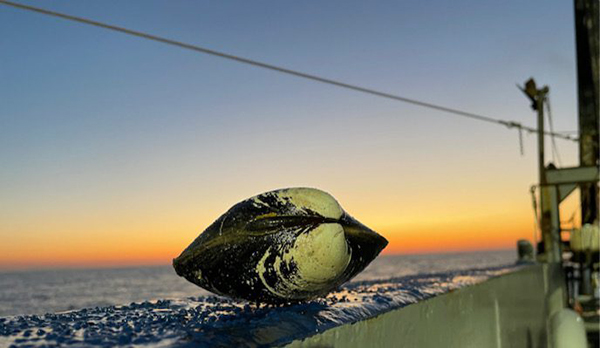
Responsibility
A new study found rapid ocean warming in the Gulf of Maine has reversed 900 years of cooling, with consequences for the ecosystem and fisheries.
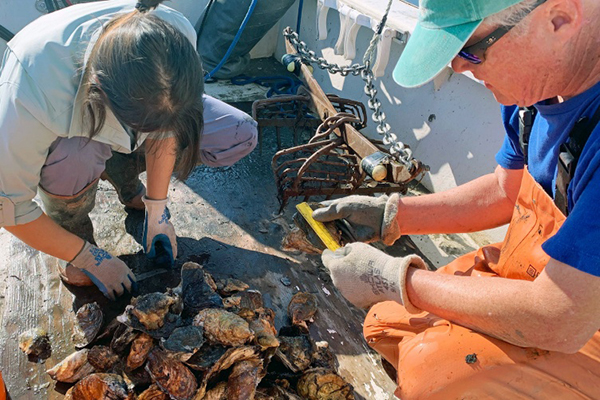
Responsibility
Oysters may play a role in removing nitrogen and improving water quality in the Great Bay estuary, near the University of New Hampshire.
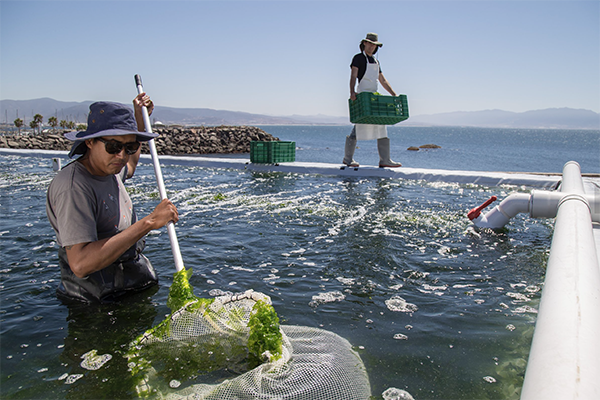
Intelligence
Blue Evolution, a producer of Asparagopsis taxiformis seaweed, will supply Blue Ocean Barns with a feed supplement to suppress cow burps.
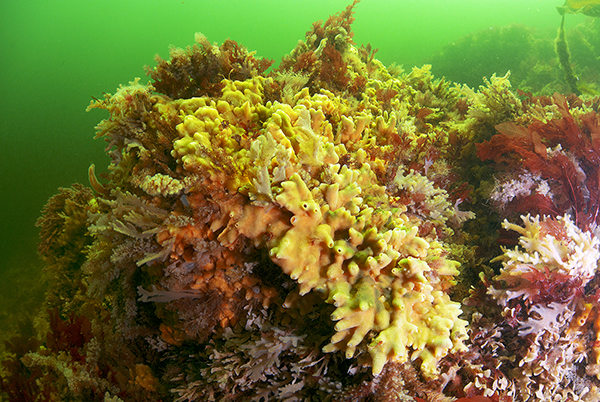
Intelligence
Experts are using remotely operated vehicles to map and monitor the seabed, which could produce information to inform aquaculture operations.